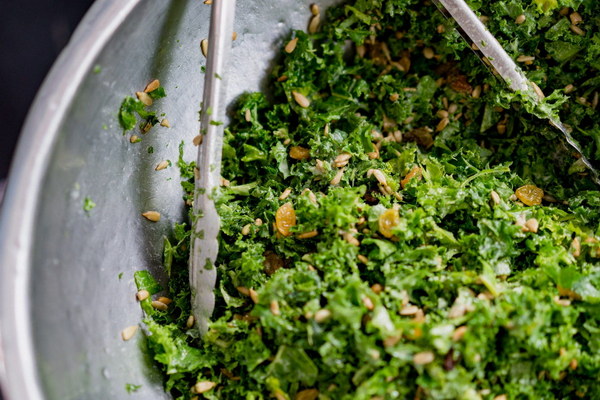Optimal Liver and Kidney Care for Diabetics A Comprehensive Guide
Introduction:
Diabetes, a chronic condition affecting millions worldwide, poses significant challenges to maintaining overall health. Among the organs most affected by diabetes are the liver and kidneys. Therefore, it is crucial for individuals with diabetes, often referred to as sugar patients or diabetics, to take proactive measures to care for these vital organs. This article provides a comprehensive guide on how diabetics can best nurture their liver and kidneys.
1. Manage Blood Sugar Levels:
The cornerstone of liver and kidney care for diabetics is maintaining stable blood sugar levels. Consistently high blood sugar levels can lead to liver dysfunction and kidney damage. Here are some tips to manage blood sugar levels:
a. Follow a balanced diet: A diet rich in whole grains, lean proteins, fruits, and vegetables can help regulate blood sugar levels. Avoid processed foods, sugary drinks, and excessive carbohydrates.
b. Exercise regularly: Regular physical activity can improve insulin sensitivity and help control blood sugar levels. Aim for at least 30 minutes of moderate exercise most days of the week.
c. Monitor blood sugar: Regularly check your blood sugar levels to identify patterns and make necessary adjustments to your diet, exercise, or medication.
2. Monitor Blood Pressure and Cholesterol:
High blood pressure and high cholesterol are common complications in diabetics, which can further damage the liver and kidneys. Here's how to manage these conditions:
a. Keep blood pressure in check: Follow your healthcare provider's recommendations for managing blood pressure, which may include medication, lifestyle changes, or both.
b. Control cholesterol levels: Maintain healthy cholesterol levels through a balanced diet, exercise, and medication if necessary.
3. Stay Hydrated:
Proper hydration is essential for diabetics to prevent kidney damage. Adequate fluid intake helps flush out waste products and toxins from the kidneys. Aim for at least 8-10 glasses of water per day.
4. Avoid Smoking and Limit Alcohol Consumption:
Smoking and excessive alcohol intake can exacerbate liver and kidney damage in diabetics. Quitting smoking and moderating alcohol consumption can significantly reduce the risk of complications.
5. Regular Check-ups:

Schedule regular appointments with your healthcare provider to monitor liver and kidney function. Early detection of any issues can help prevent further damage and improve overall health.
6. Consider Supplements:
Some supplements may support liver and kidney health in diabetics. Consult with your healthcare provider before taking any supplements to ensure they are safe and appropriate for your condition. Here are a few options:
a. Alpha-lipoic acid: An antioxidant that may help improve insulin sensitivity and protect the liver.
b. N-acetyl cysteine (NAC): A precursor to glutathione, which is essential for liver detoxification.
c. Milk thistle: A traditional herbal remedy that may support liver health.
Conclusion:
In conclusion, diabetics must prioritize liver and kidney care to reduce the risk of complications and improve their overall quality of life. By managing blood sugar levels, monitoring blood pressure and cholesterol, staying hydrated, avoiding harmful habits, scheduling regular check-ups, and considering appropriate supplements, diabetics can take proactive steps to protect their liver and kidneys. Always consult with your healthcare provider for personalized advice and support.









